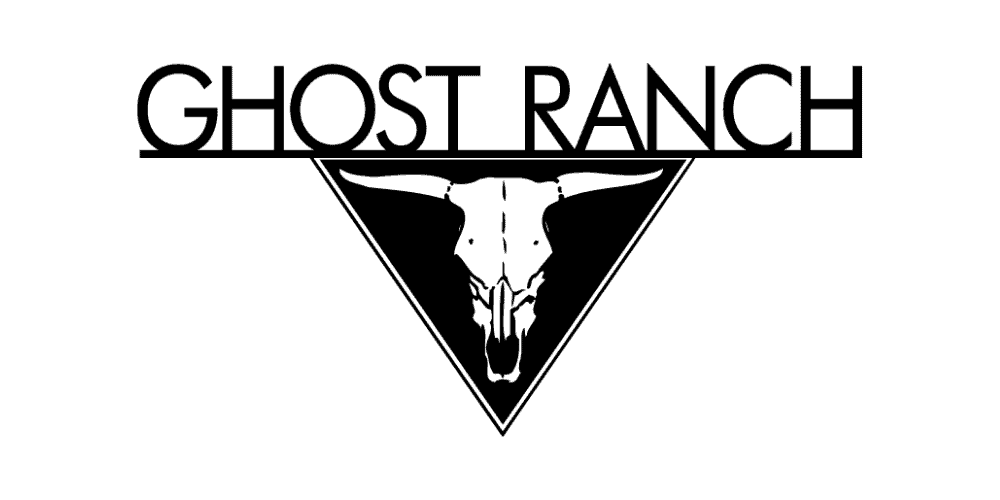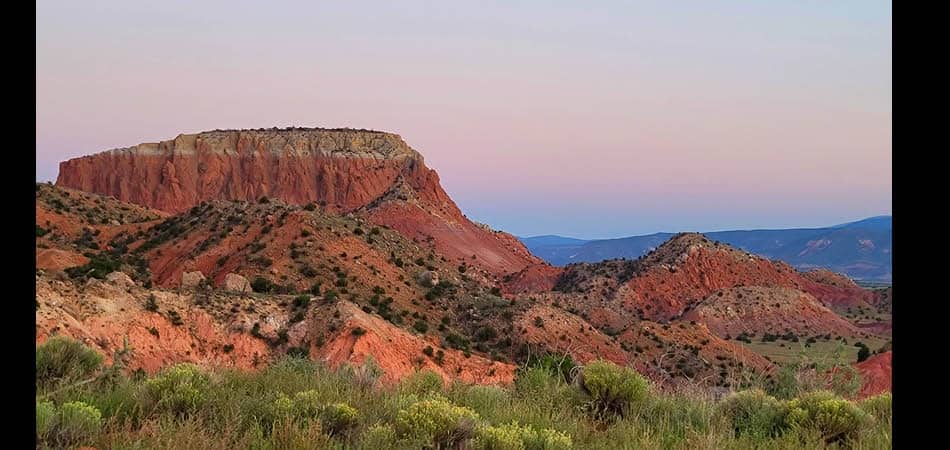
Healing Colonial Legacies: Developing Empathy for Self, Land, and People of the Land with Deana Dartt, Heron Brae and Nancy Judd – G24100202
Facilitators: Deana Dartt, Heron Brae, Nancy Morris-Judd
Guest Presenters: Moises Gonzalez, Johnny Valdez, Jason Garcia
Join us for a transformative four-day workshop designed to deepen your connection to the land, yourself, and your sense of community. This immersive experience blends discussions, creative processes, and outdoor activities, guiding you on a decolonial journey of empathy for self, land, and the people of the land. Our foundational approach is rooted in decolonial practice which includes working with our hands and hearts through the creation of an “empathy journal”, experiencing our connection to place by using all our senses, and the creation of community dialogue, through intimate sharing and discussion.
We begin with establishing a supportive environment and learning community through sharing introductions and intentions. We will each explore our connections to the land and the legacy of colonialism as it has impacted this place where Ghost Ranch now sits, emphasizing healing through empathy and new perspectives of the world around us.
Moises Gonzales (Genizaro), Johnny Valdez (Southern Ute) and Jason Garcia (Kha’po Owingeh [Santa Clara Pueblo]) will join us on the second day to provide a deeper story of connection to place and what it means to live multi-generationally with and not just on the land. They will also share their perspectives of what human and environmental disruptions have meant to the people and to the place. We can then reflect on how this history affects us and lives within us.
After grounding in place and the people of the place, we explore the maps of our own histories, and how our people have traveled through time carrying deep ancestral knowledge and history of belonging, as well as trauma and disconnection/dislocation. On this journey of understanding self in the context of our histories, we ask ourselves how we have become who we are and how we may find our way home again.
The workshop culminates in integrating these experiences to consider right action and allyship, asking how we can authentically engage as ourselves, in community with Native people and the earth. Leave with practical tools and frameworks for personal and community healing and a new lens for connection to the land and its original and continued stewards.
Instructors
-
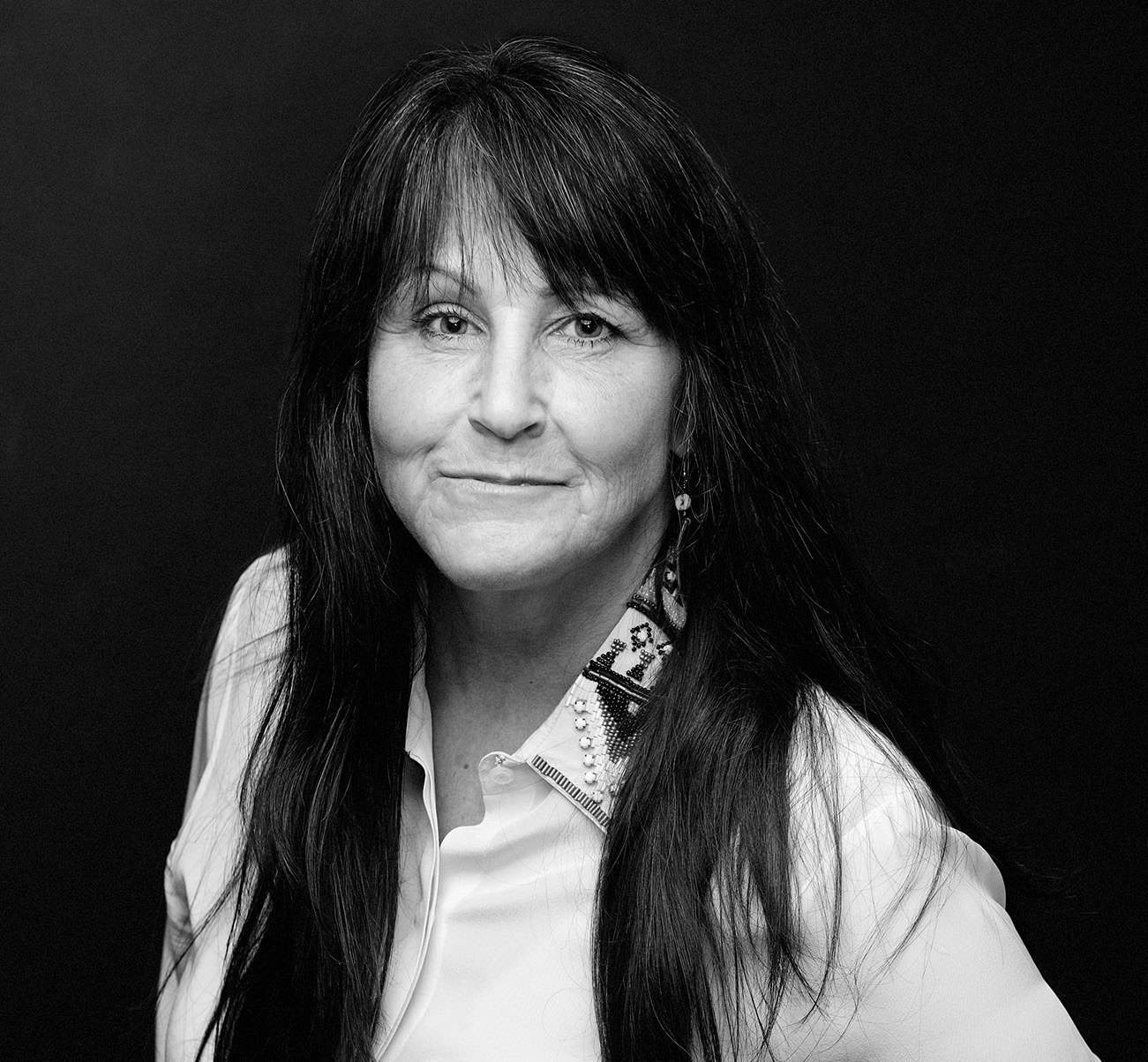 Deana Dartt
Deana DarttDeana Dartt, PhD (Director) is Coastal Band, Chumash, and Mestiza, descending from the indigenous people of the Californias. Her scholarly and professional work strives to address the incongruities between public understanding, representation and true acknowledgement of Native peoples, their cultures, histories, and contemporary lives. She earned her MA and PhD from the University of Oregon and has held curatorial positions at the Burke Museum of Natural and Cultural History and the Portland Art Museum as well as teaching appointments at the University of Oregon, University of Washington, and Northwest Indian College. She recently completed a writing fellowship at the School for Advanced Research where she revised her book manuscript for publication titled: Subverting the Master Narrative: Museums, Power and Native Life in California. She is also the primary author of the AAM/SAR Standards for Museums with Native American Collections
-
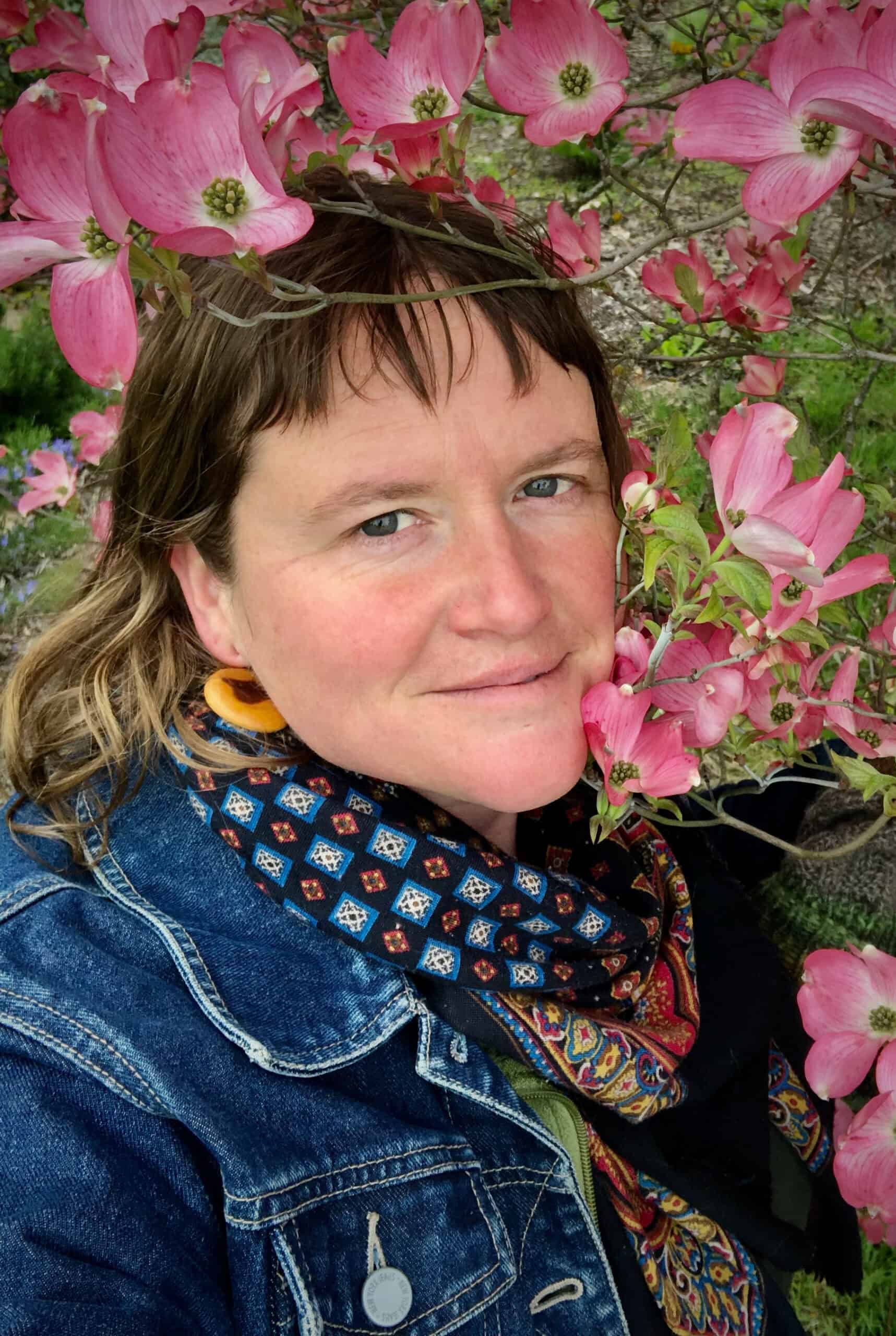 Heron Brae
Heron BraeHeron Brae is a community builder, educator, and facilitator with over 25 years of experience in grassroots intersectional anti-oppression movements. She practices peer-to-peer listening within a liberation framework and has deeply engaged in personal emotional learning, facing systems of power, and healing ancestral trauma and shame in her Celtic and Germanic lineage. As a descendant of early settlers to the US, emotional empathy is crucial to her work of un-numbing. Heron also has extensive knowledge of botany, ecology, and herbalism, teaching people to harvest, use, and care for wild plants while understanding the colonial context. At Live Oak Consulting, she co-facilitates trainings, including affinity groups for non-Native people to build emotional resilience and skills for decolonial work. In her free time, Heron enjoys camping in remote locations, harvesting wild plants, cooking, loving her community, and marveling at life’s mysteries.
-
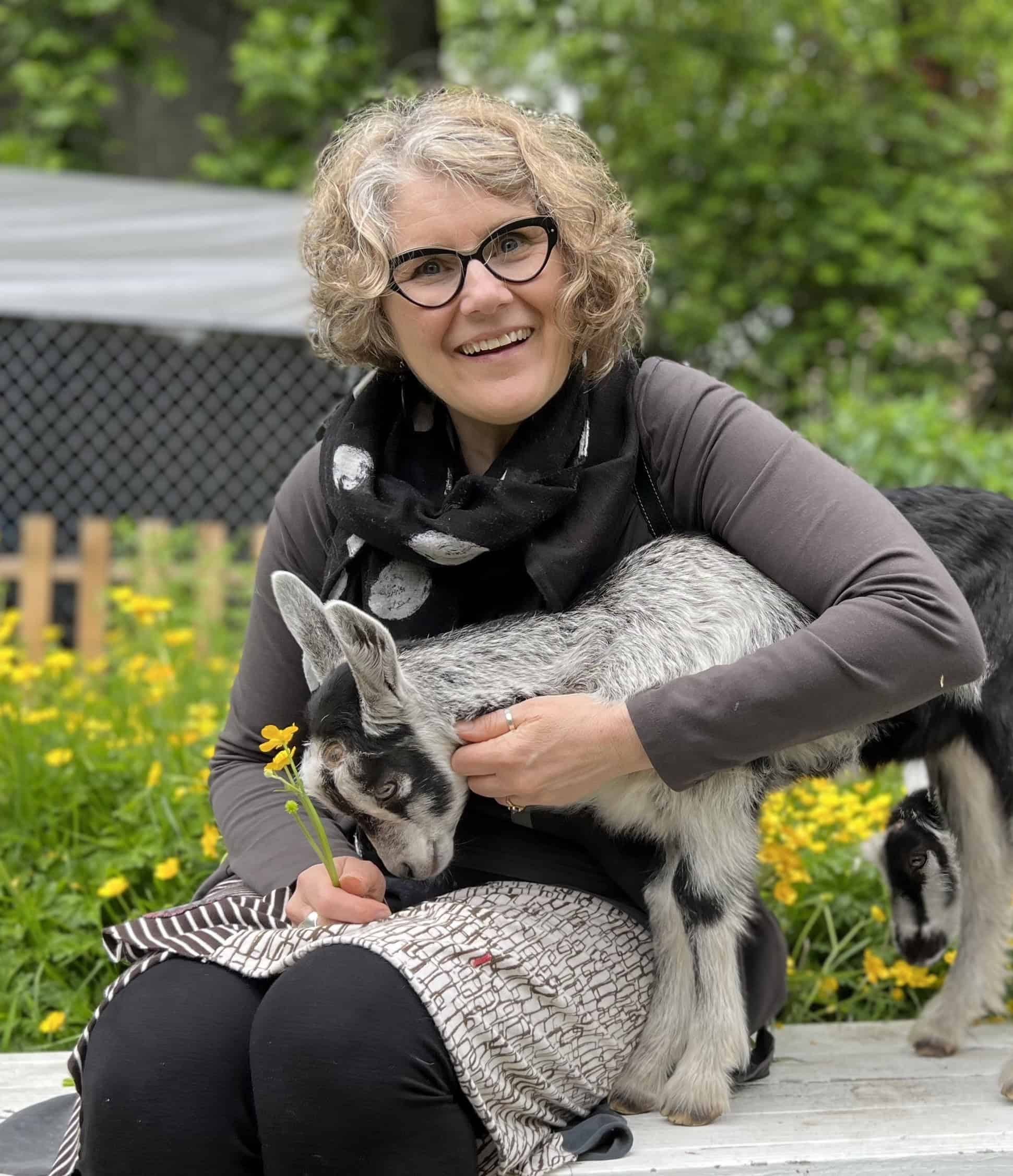 Nancy Morris-Judd
Nancy Morris-JuddNancy Judd is an internationally recognized artist, environmental advocate, and teaching artist. For over 20 years she has been creating art exhibitions made from trash that engage people in conversations about how we live on the earth. Nancy exhibits her work in public airports and museums and one of her pieces, the Obamanos Coat, is in the Smithsonian Museum’s permanent collection. In her work as a teaching artist, Nancy provides arts integration to students in classrooms and adults in training settings. Nancy’s work is inspired by the indigenous people around the globe who have cared for the earth for thousands of years. She asserts that by following their lead and working with them, we can collectively mitigate the impacts of climate change. Nancy explores her own privilege, colonized mindset and white/settler fragility and brings her personal experiences to all her trainings. www.RecycleRunway.com.
-
Moises Gonzales
-
Johnny Valdez
